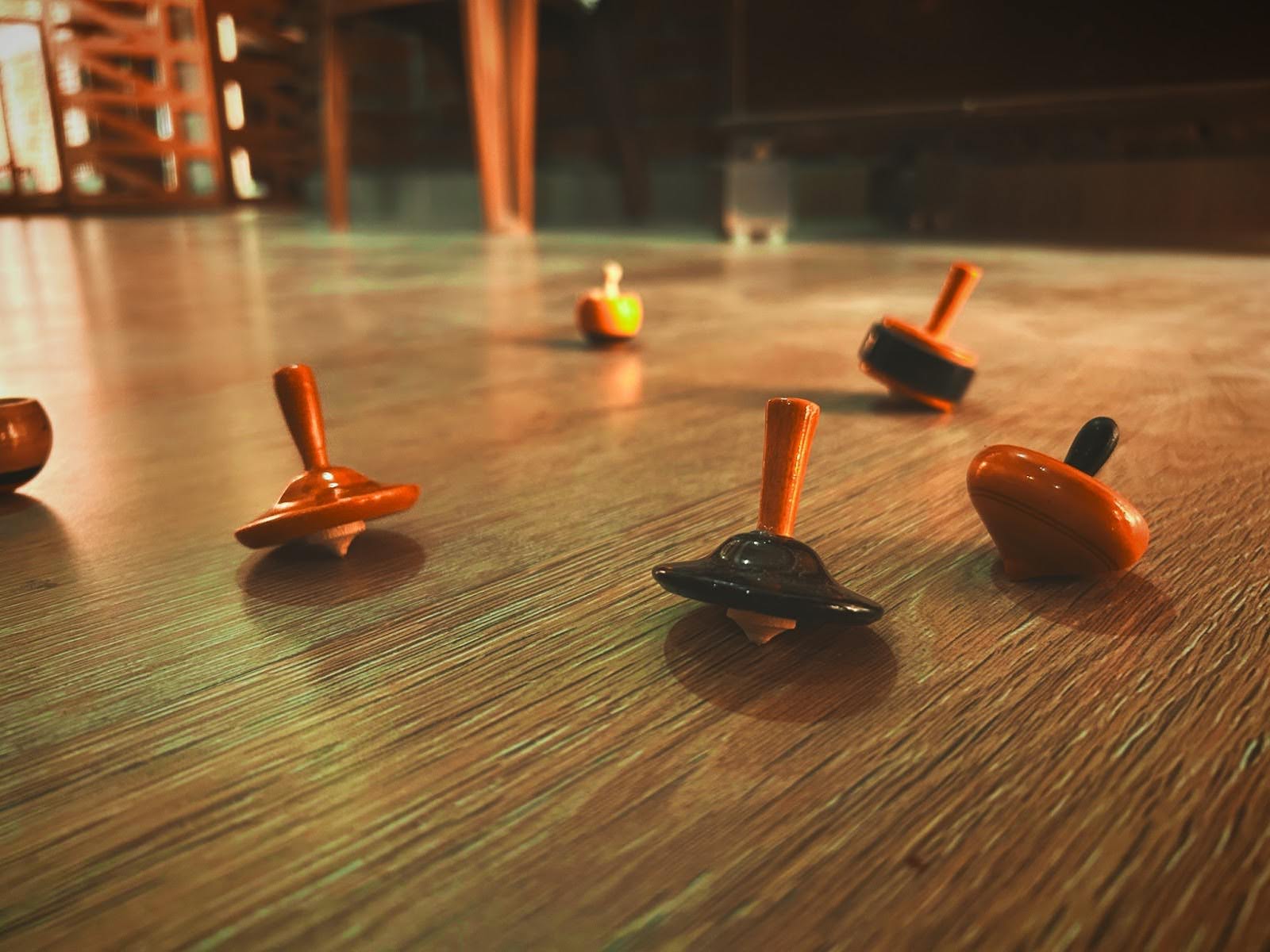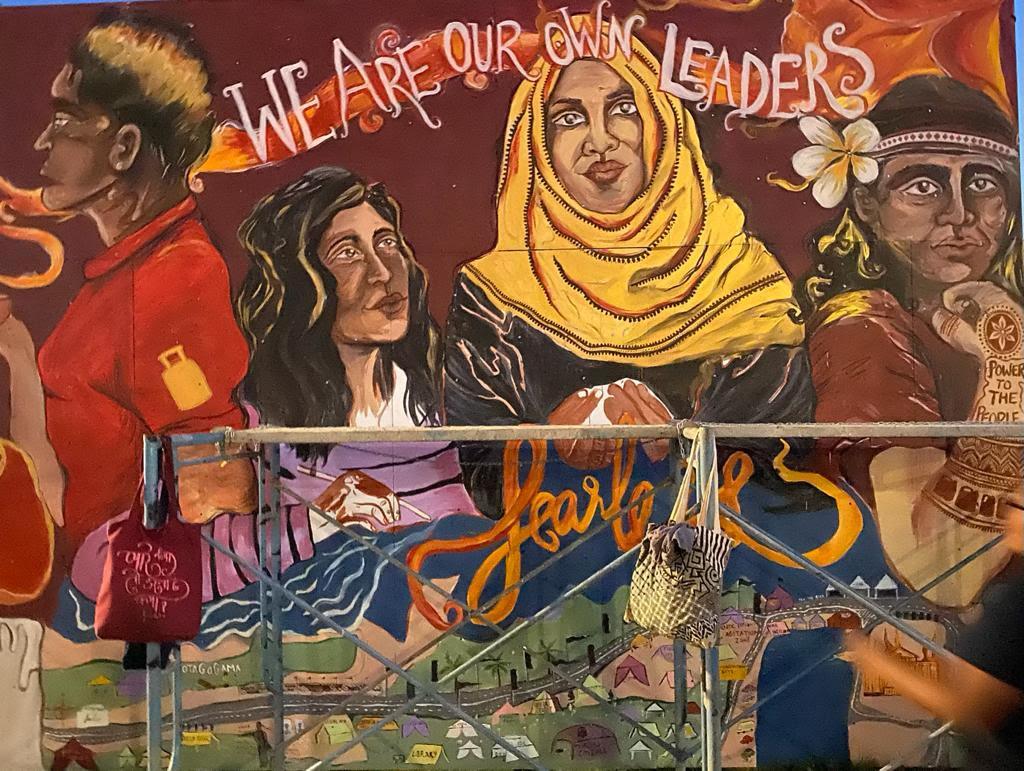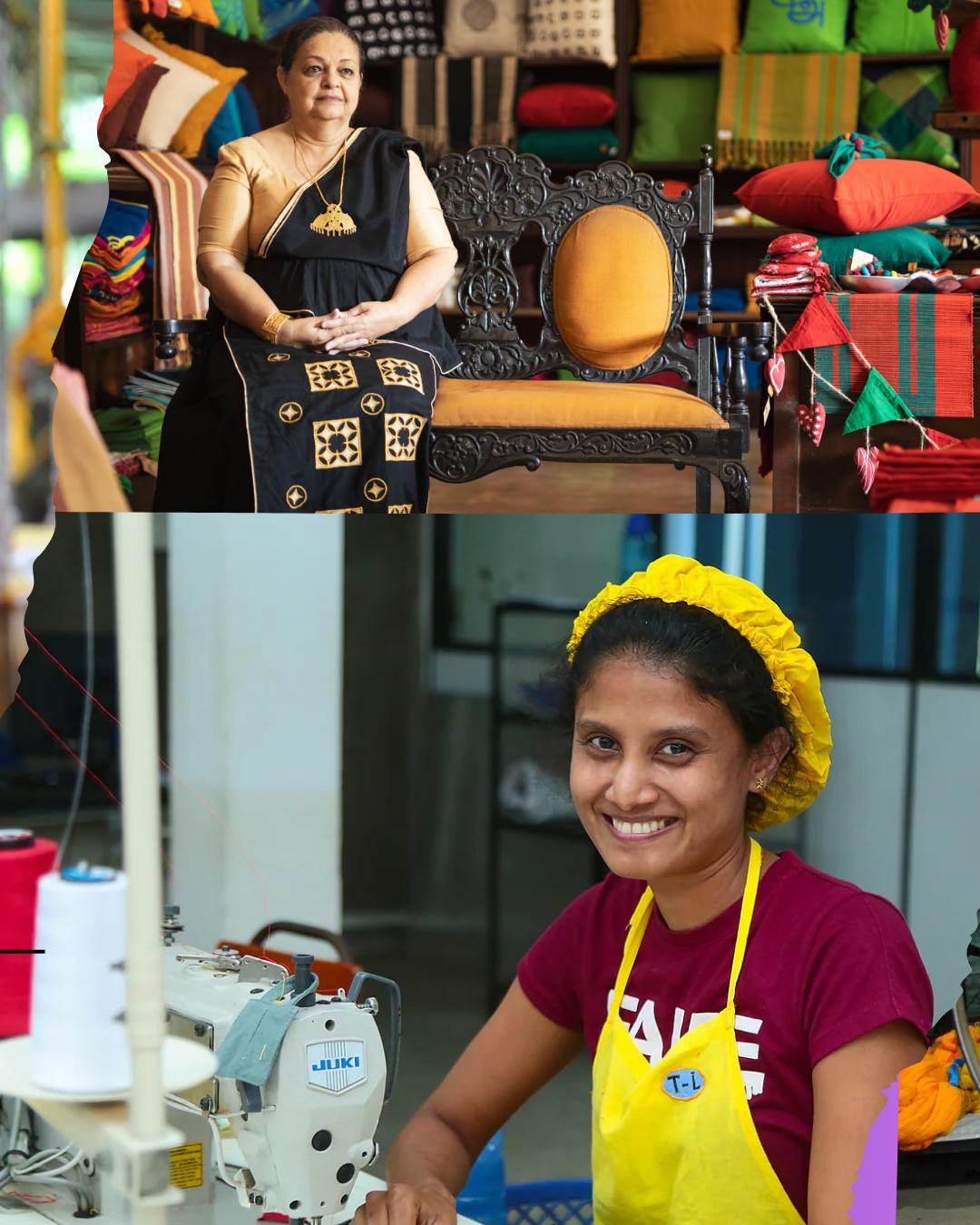
Sri Lanka has a rich tradition and a long history of handloom weaving, where patterns and techniques evolved with societal changes. Handloom weaving was predominant in the Kandyan region during the reign of Kings. It also played an important role in religious ceremonies. For instance as a majority Buddhist country, the kathina robe is regarded as a sacred woven robe, offered to monks after the vas season or Buddhist lent. The practice involves spinning and weaving the robe, often by local community members, and in the ancient times, royalty themselves.
Traditionally, weavers in Sri Lanka were divided into two groups; bervayo and salagamayo (2). Beravayo were native Sri Lankans who also happen to be musicians and astrologers and Salagamayo were master weavers brought down from India to make fine gold-woven fabrics, mainly for royalty. These weavers would make distinctive garments with patterns and motifs influenced by local fauna and flora. Due to the intricate nature of these patterns, they were made using a combination of weaving and hand-work(3). Other motifs included geometric patterns of symmetrical triangles, lines and other shapes. With the influx of new migrant communities over the years including Moors who were descendants from early Arab traders, the design and colours often seen on these garments have evolved, preserving different facets of their cultural identities.

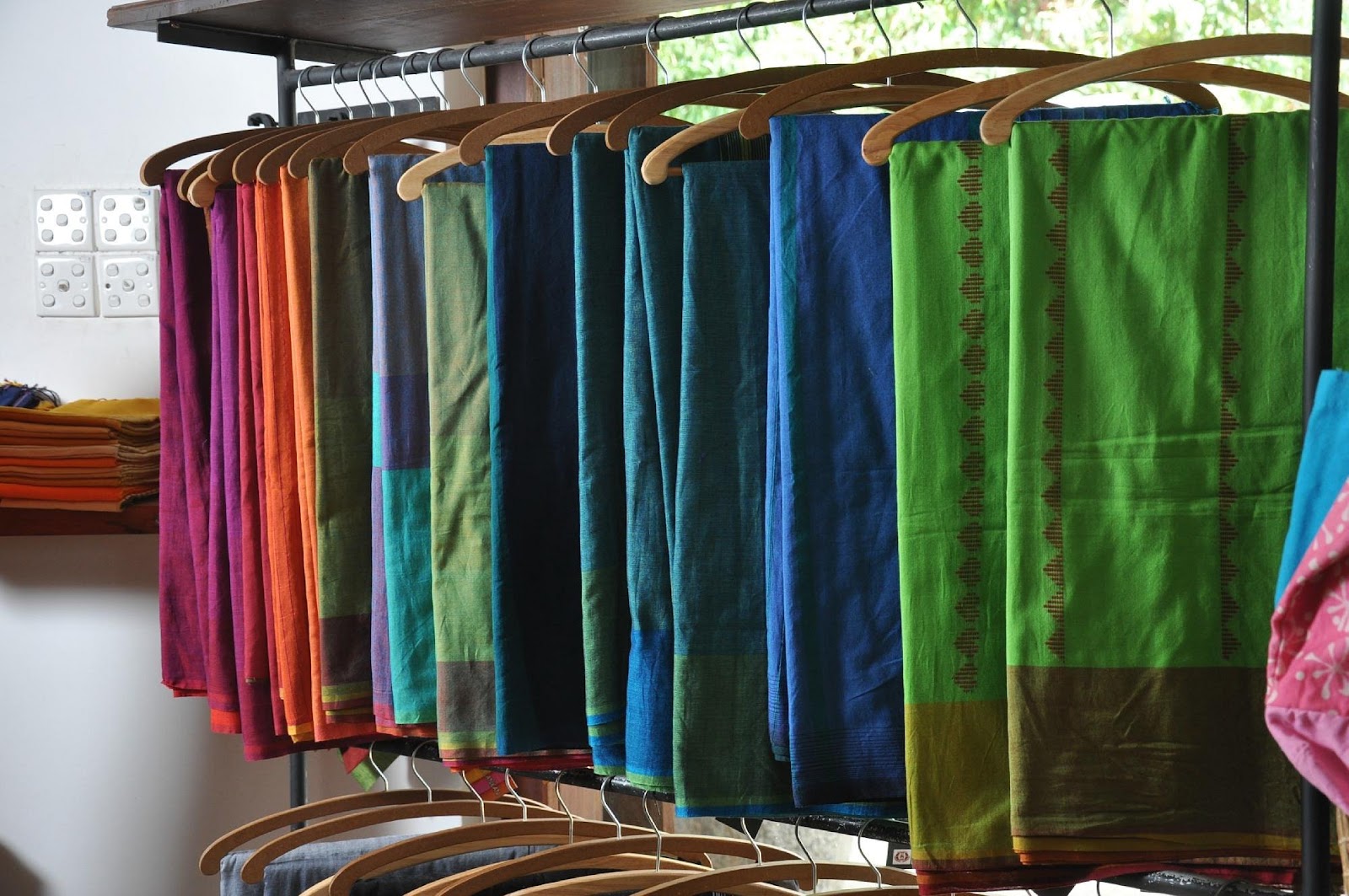
With the liberalisation of Sri Lanka’s economy, the handloom industry shrunk as more emphasis was given to the export apparel industry (5). In the present day, handloom weaving is a cottage industry, with only a handful of local manufacturers leading the way. Through Selyn, not only has Sandra been able to support female artisans, but also preserve a dying art-form and safeguard a craft that has been passed down over generations.
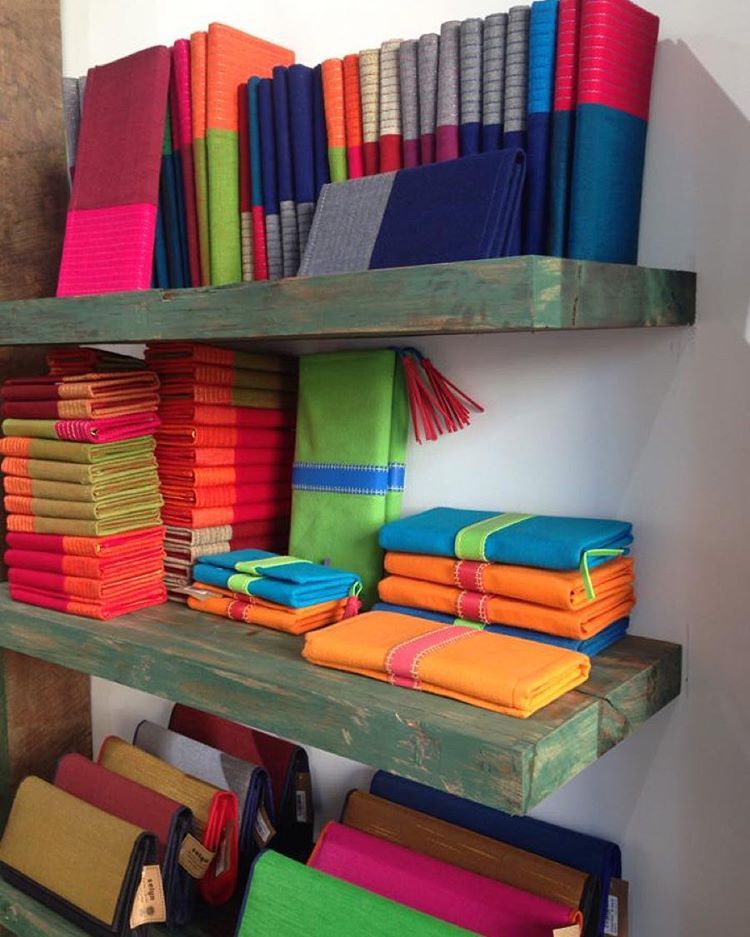
In 2004, Selyn became the first fair trade-guaranteed handloom company in Sri Lanka, joining the World Fair-Trade Organization (6). As a social enterprise, they have supported over 2,500 local artisans while preserving this craft. The Selyn Foundation (7) was also launched, helping over 800 families through community development programs and 500 underprivileged children access education, opening doors to brighter futures and breaking the cycle of poverty.
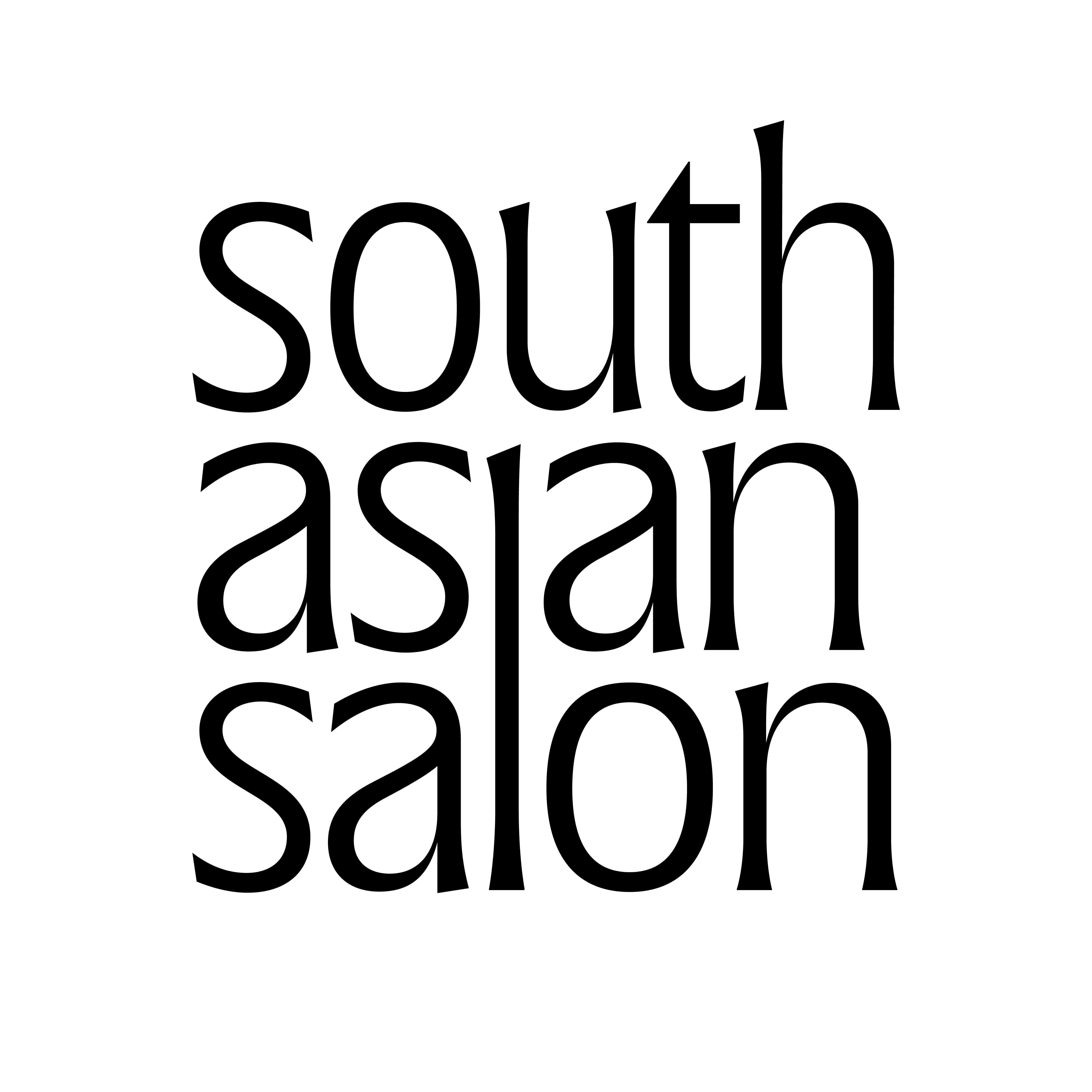




%201.png)



